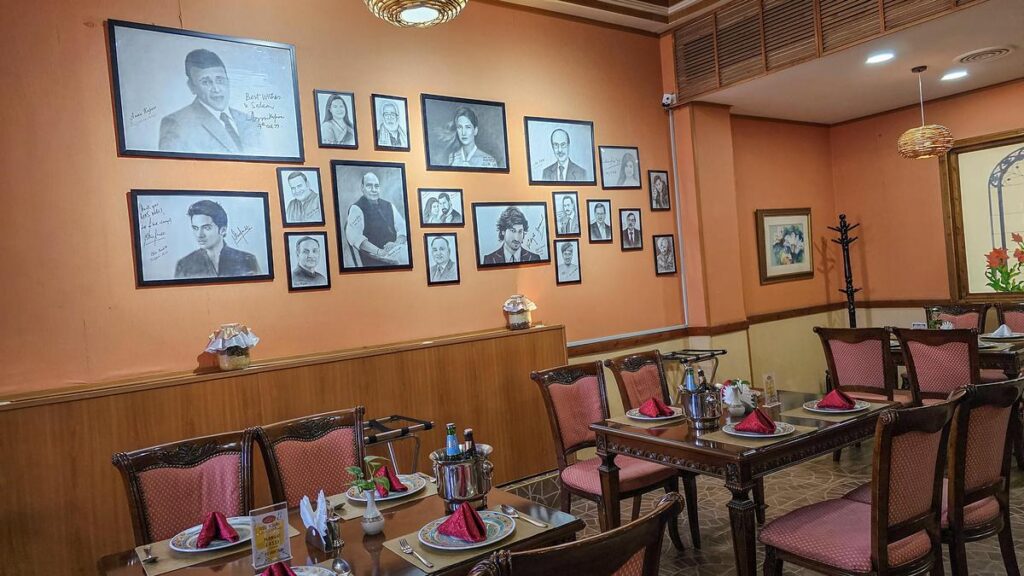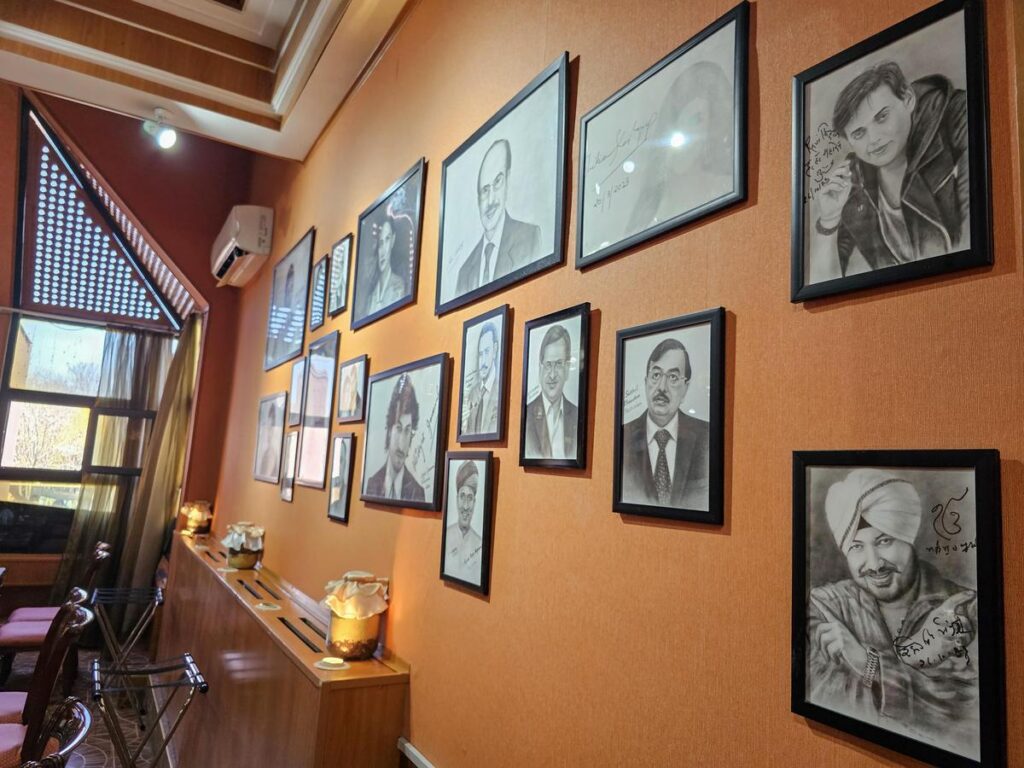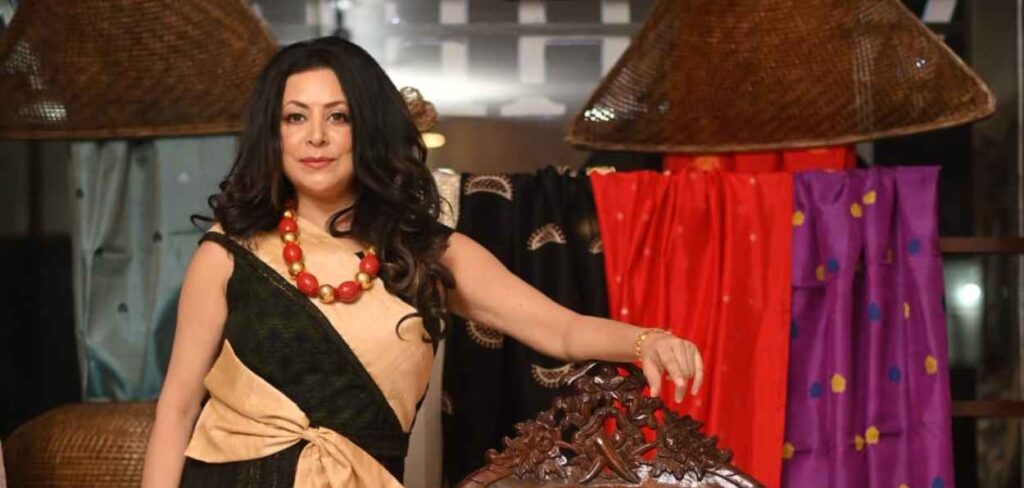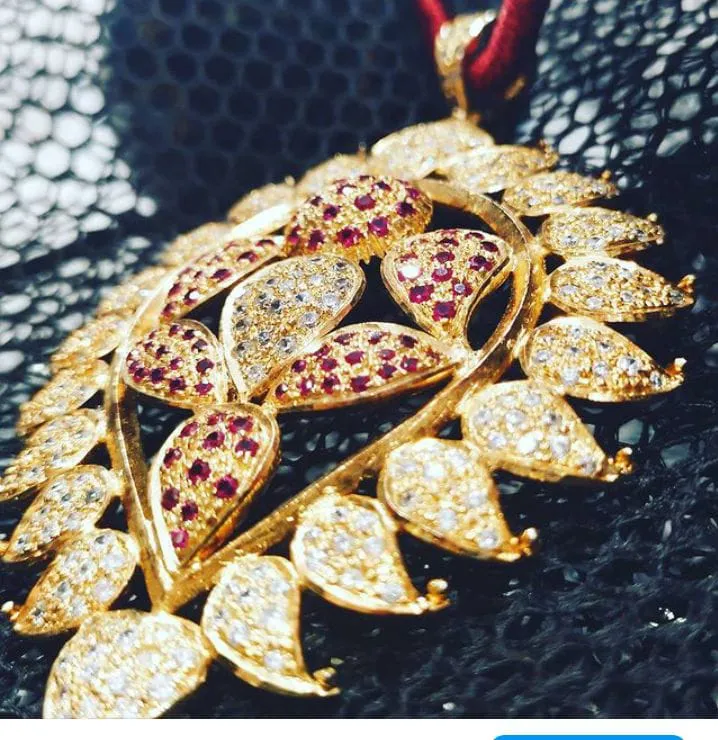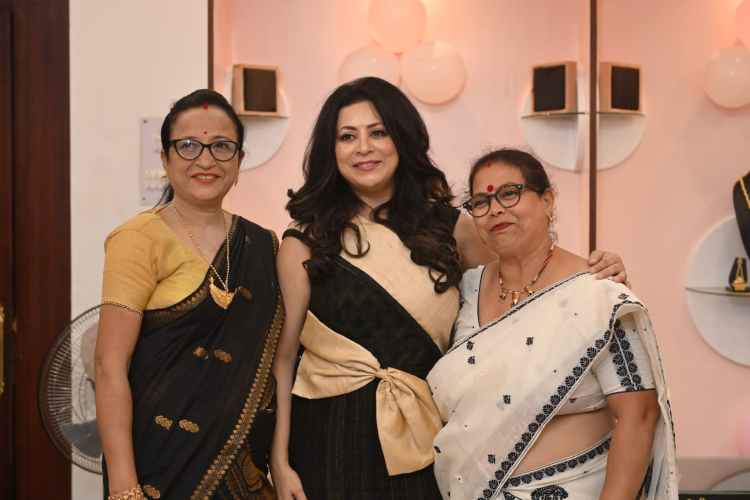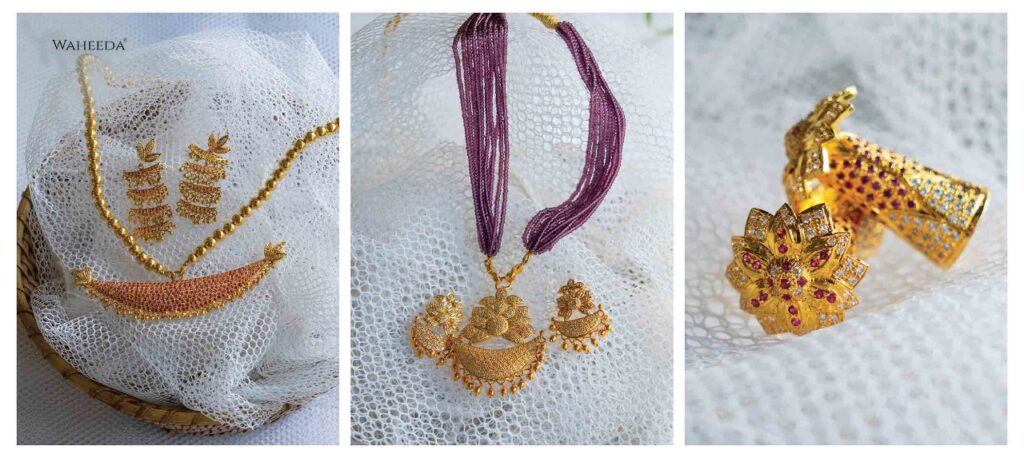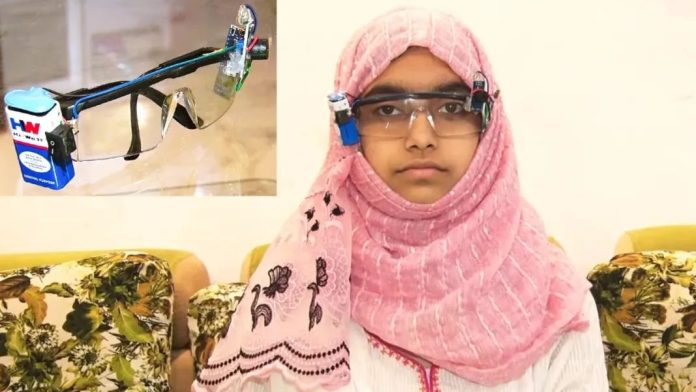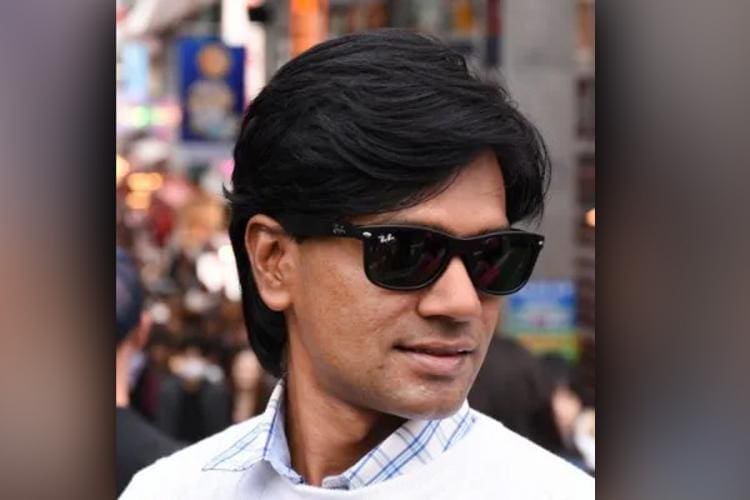Mumbai, MAHARASHTRA / Bengaluru, KARNATAKA:
One such figure on the list is Azim Premji, the IT magnate from Wipro, who along with his family gave Rs 1774 crore, making him the second most generous person in India. Premji’s donation has exceeded Reliance boss Mukesh Ambani’s contribution, which was Rs 376 crore.
)
Indian millionaires have been recognised for participating in several charitable endeavours to give back to the community across a variety of fields. The Hurun India Philanthropy List includes some well-known people, like Shiv Nadar of HCL and Mukesh Ambani, the head of Reliance.
One such figure on the list is Azim Premji, the IT magnate from Wipro, who along with his family gave Rs 1774 crore, making him the second most generous person in India. Premji’s donation has exceeded Reliance boss Mukesh Ambani’s contribution, which was Rs 376 crore.
Who is Azim Premji?
Azim Premji, a Mumbai native, served as Wipro’s chairman and is currently a non-executive member. Hashim Premji was the name of his affluent businessman father. Azim graduated from Stanford University in 1966 with a degree in electrical engineering. Following his father’s death in 1966, Premji left Stanford to manage the family’s cooking oil company before branching out into software.
Remarkably, he used distance learning to finish his engineering degree from the institution in 1999. Azim Premji has built an enormous empire and is referred to be the “Czar” of the IT sector. Wipro has an innovation centre in Silicon Valley where they work with entrepreneurs and create new technologies.
Rishad, Premji’s son, took over as executive chairman of Wipro in July 2019. Wipro, the Rs 2 lakh crore company owned by Indian IT billionaire Azim Premji, is one of the biggest software services companies in India. Azim Premji is a wealthy Indian tycoon who also happens to be one of the most generous with a staggering net worth of $11.4 billion or Rs 94,000 crore.
He committed to donate half of his money in 2013. He gave the Azim Premji Foundation, which supports education in India, 2.2 billion dollars. In the 1980s, he founded Wipro in response to a request from the government to remove IBM. The 1990s saw a sharp surge in Wipro’s worth.
source: http://www.dnaindia.com / DNA / Home> Business / by DNA Web Team / November 02nd, 2023
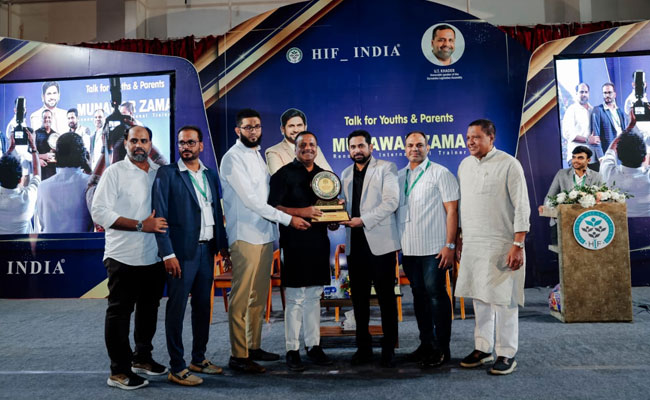
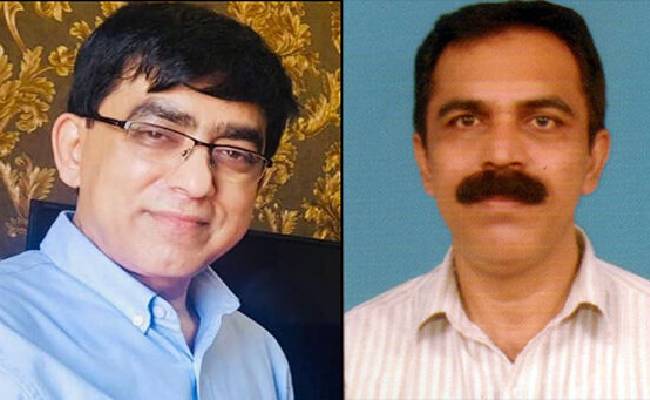
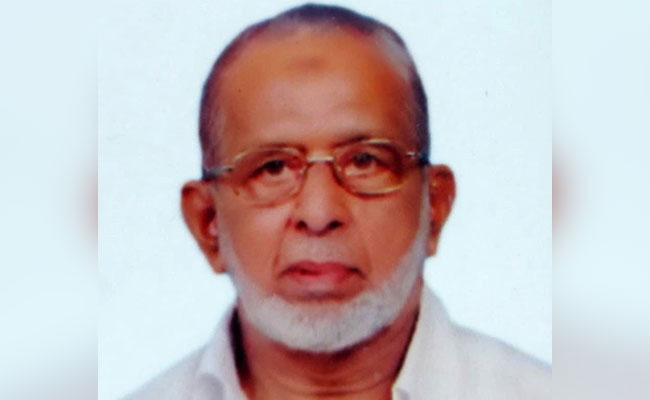
)
